How to deal with High-Risk Pregnancy?
The whole nine months of your pregnancy journey include a lot of ups and downs. In short, it’s a roller coaster experience that teaches you a lot about developing your mind, body, and soul as a mother.
Thus, understanding their body type and potential risks is important for every woman during this crucial stage. Not to forget, some pregnancies may begin with lower risks but eventually develop issues such as gestational diabetes while pregnancy progresses. The best gynaecologist in Gurgaon suggests the following tips to manage high-risk pregnancies.
#1 Maintain a Healthy Weight before
Obesity or being overweight before pregnancy may increase the risks of developing complications, such as high BP, gestational diabetes, preeclampsia, & stillbirth.
Before planning for pregnancy, it is important to achieve a healthy weight. Follow a diet and perform regular exercise.
#2 Deal with Pre-Existing Medical Conditions
Uncontrolled pre-existing conditions might increase risks. Some conditions that affect pregnancy are:
- High BP
- Diabetes
- Heart disease
- STDs & HIV
- Autoimmune diseases, such as multiple sclerosis or lupus
So, manage these health conditions with some medication & lifestyle changes before conceiving.
#3 Avoid Tobacco and Alcohol
Consumption of alcohol, tobacco, and smoking may dangerously affect pregnancy. Smoking may cause low birth weight in the baby. Misusing prescription drugs or consuming alcohol may cause birth defects. Take medications that get prescribed by the best gynaecologist in Gurgaon during pregnancy.
#4 Take your mandatory prenatal supplements
During pregnancy, the body requires more nutrients to support the growing fetus. So, you must take the compulsory prenatal vitamin and supplements that offer folic acid, protein, calcium, and iron. Get professional consultation from a competent high risk pregnancy specialist about your diet plans.
One quick note: It is beneficial to take prenatal vitamins soon after the baby is born. It promotes healthy breastfeeding.
#5 Understand risks associated with older maternal age
The risks and complications associated with pregnancy may increase after 35 years, says the high risk pregnancy specialist. Such complications may include difficulties while getting pregnant, genetic abnormalities, and miscarriage. In addition, fertility starts declining eventually around 30 and accelerates for women over 35 and beyond.
A few complications that a would-be mother after 35 years of age may experience are low birth weight, premature birth, preeclampsia, gestational diabetes, and more.

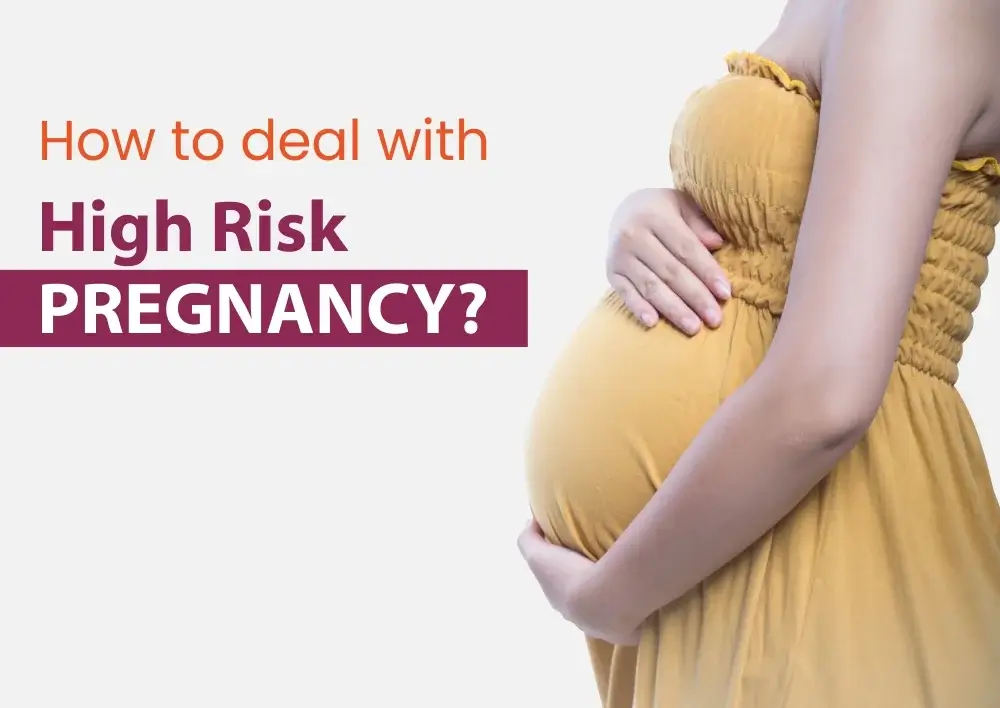

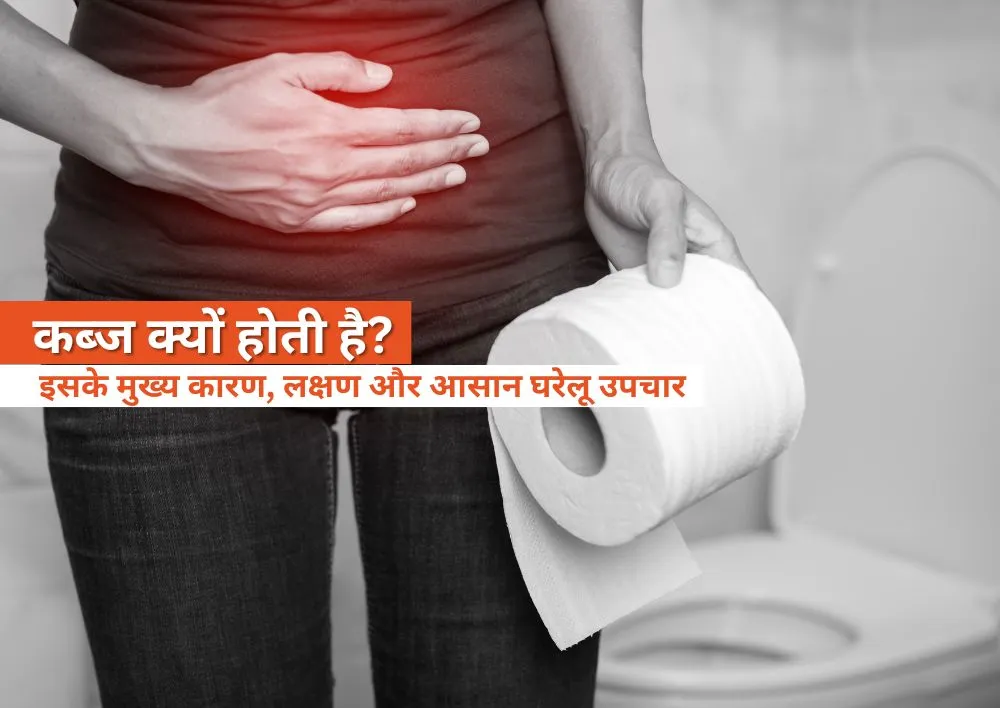
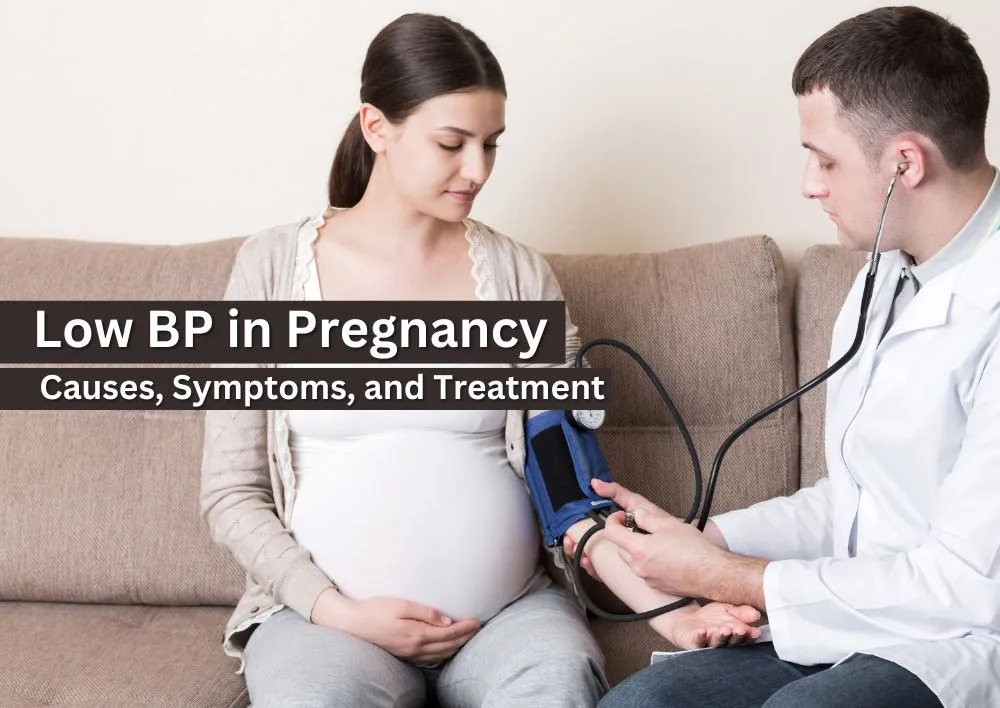
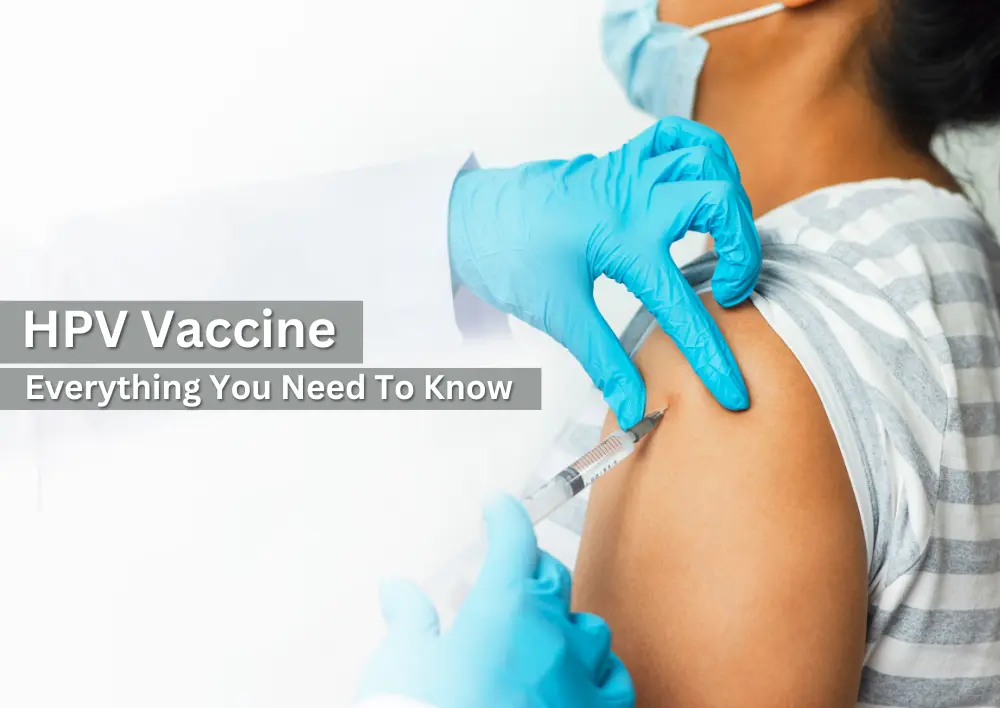
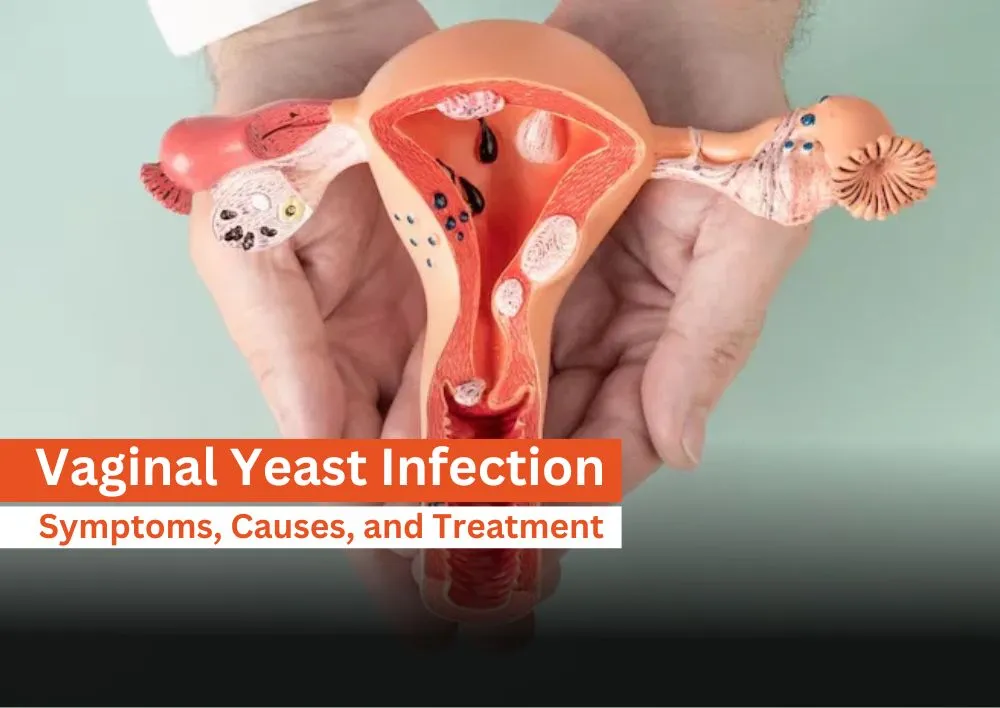
_in_Pregnancy.webp)





Was the information useful?
0 0